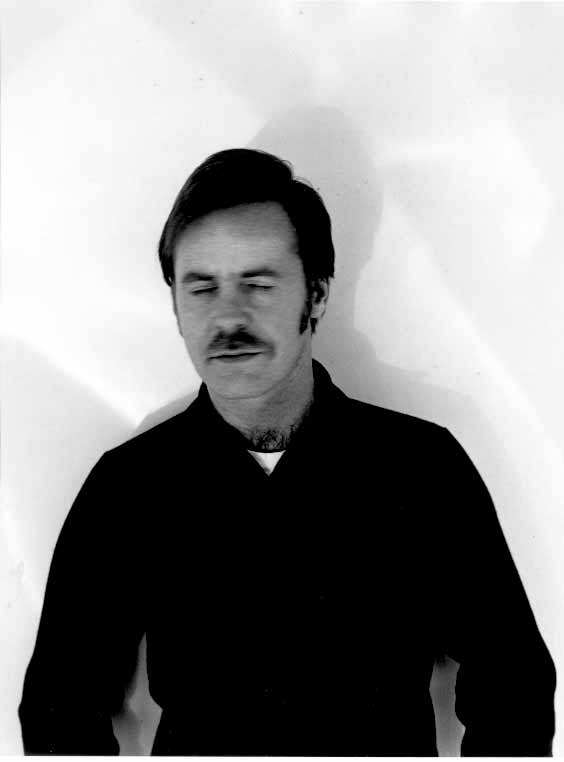Gravitations! reads Ronald Johnson’s one-word message inked – he had gorgeous penmanship, bordering on calligraphy – on the inside cover of my copy of Radi Os, a book that I realize is now 28 years old. Long out of print, it has just been reissued by Flood, a publication that is at once something to celebrate & a bit of a mystery.
A bit of a mystery because this wasn’t the book I was expecting. This edition typographically resets, but does not fundamentally revise (save for some changes Guy Davenport made to his afterword in 1981), the Sand Dollar Press volume of ’77, containing the same works, representing Johnson’s transformations of the first four books of Milton’s Paradise Lost, literally Paradise Lost. A note on the text at the end indicates that Jeff Clark retained “the orthography and spacing of the original,” though with a page that is one centimeter wider than the Sand Dollar Press edition, a retention, to call it thus, that Clark accomplishes by kicking the font size up one-half point to 9.5.¹
Yet Johnson, as Peter O’Leary noted in a letter printed here in 2003, drafted a total of nine sections of Radi Os, the opening portion of a larger sequence originally conceived to have been the final canopy or dome over the architectural project that became Ark – a book that itself has become hard if not impossible to locate since publisher Gus Blaisdell’s passing two years ago. When Johnson decided not to complete the transformation of
To add to the mystery, the volume O’Leary wrote about in ’03 wasn’t Radi Os at all, but
The Outworks, which includes RADI OS & some later poems, including his incredible monument to the victims of AIDS, "Blocks to Be Arranged in a Pyramid," is in the works with Flood Editions. This book will include the republication of RADI OS (which, regrettably?, before he passed away, RJ retitled, "Poem Excised Paradise Lost").
I agree with O’Leary that “Blocks” is indeed incredible, possibly the finest work Johnson ever completed. And I’m afraid I agree as well that retitling Radi Os “Poem Excised etc.” demonstrates a remarkably tin ear to the resonance of Johnson’s own poetry. What could he have been thinking of? Well, that’s a sentence that’s run through my mind when contemplating Ron & his work more than once before.
What I suspect must have happened – this is pure speculation – is that the editors of Flood Editions may have come up against the formal difficulties imposed by Johnson’s poetry, as such. With “Blocks” for example – you can glimpse an excerpt here – should the conversion from poster-sized broadside proceed left to right, or top down? Even if you think that it’s uncontroversially the former, you have to admit something is lost in flattening out the spatial relationships between individual stanzas. Releasing Radio Os as is, so to speak, at least positions them to come back with a new edition that includes both “Blocks” and the five lost books from
Having said all this, I should note, absolutely, that Radi Os is a great book – it’s one of those “must-have” volumes for any contemporary poetry collection & it’s great fun read aloud. I do think that we need to have all of Johnson’s work readily at hand, ideally from a publisher who can (a) keep it in print and (b) do a decent job with distribution. When I think of all the New American Poets – the generation immediately preceding Johnson’s – who have yet to arrive at such a state, this seems a Herculean task to ask of a small press. That Flood has taken on this much is a sign of terrific devotion.
¹ Notably easier on the eye, which I applaud.






